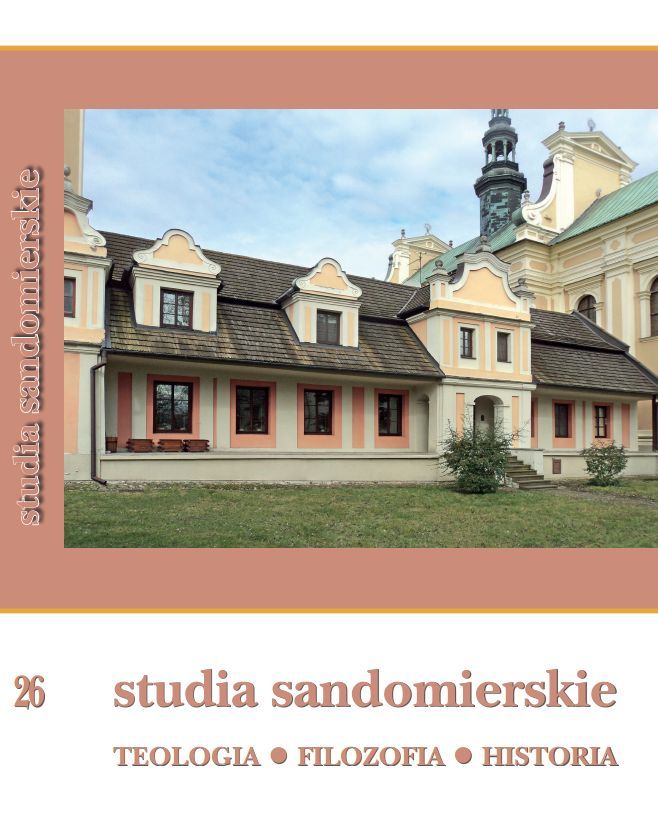The Fate of Polish Soldiers During the Napoleonic Era in Light of Sermons and Speeches from the Period of the Duchy of Warsaw and the Kingdom of Poland
DOI:
https://doi.org/10.15633/sts.3529Keywords:
Sermons, Polish soldiers, Napoleon, Józef PoniatowskiAbstract
In the years 1696-1700, the nuncio in the Commonwealth was Giovanni Antonio Davia, later a cardinal. During his mission there were a number of complicated internal and external problems that plagued the Commonwealth: Turkish wars, relations between Catholics and infidels in Poland, and the political conflicts in Lithuania that ended in civil war. One of the most interesting topics is that of the possible participation of Giovanni Antonio Davia in the election of King Frederic Augustus Wettyn of Poland, whose reign had such terrible consequences for the Commonwealth. Davia was accused of supporting the Saxon candidacy by French diplomats and their supporters in Poland, because he owed the Saxon elector for the release of his nephew Giovanni Battista from Turkish captivity, which the Davia family sought. There is no direct evidence of the nuncio breaking the neutrality of the election, and only the accusations of Wettyn's opponents remain.
Downloads
Published
Issue
Section
License
Copyright (c) 2021 Rafał Szczurowski

This work is licensed under a Creative Commons Attribution-NonCommercial-NoDerivatives 4.0 International License.
Authors who publish with this journal agree to the following terms:
- Authors retain the copyright and full publishing rights without restrictions, and grant the journal right of first publication with the work simultaneously licensed under a Creative Commons Attribution 4.0 International License that allows others to share the work with an acknowledgement of the work's authorship and initial publication in this journal.
- Authors are able to enter into separate, additional contractual arrangements for the non-exclusive distribution of the journal's published version of the work (e.g., post it to an institutional repository or publish it in a book), with an acknowledgement of its initial publication in this journal.
- Authors are permitted and encouraged to post their work online (e.g., in institutional repositories or on their website) prior to and during the submission process, as it can lead to productive exchanges, as well as earlier and greater citation of published work (See The Effect of Open Access).

